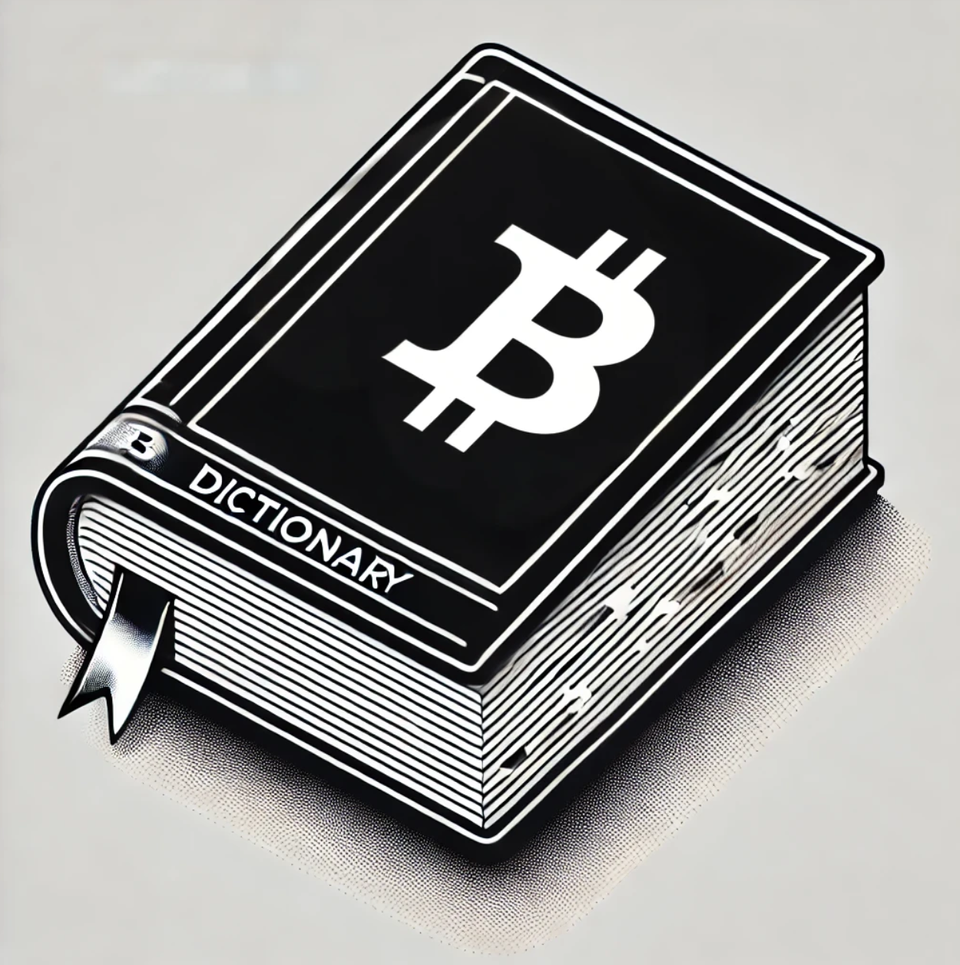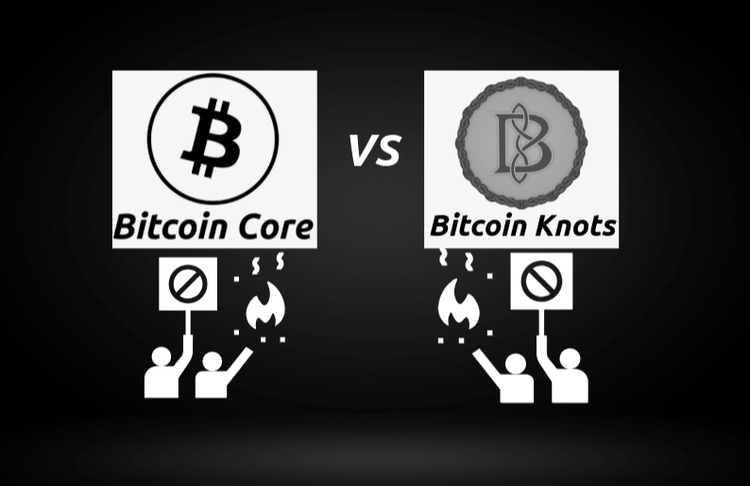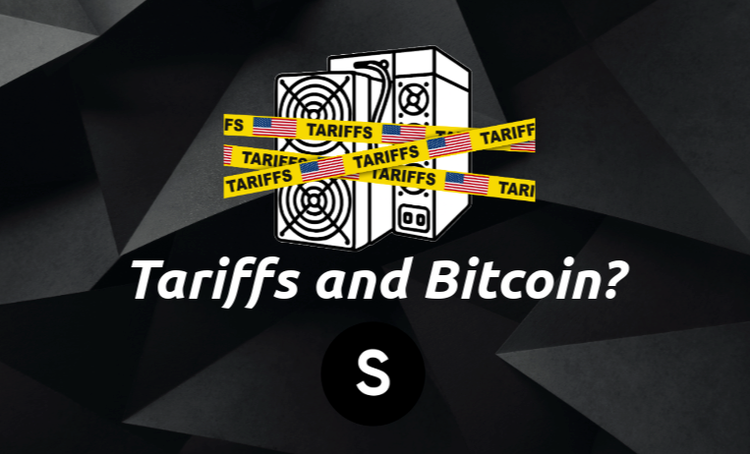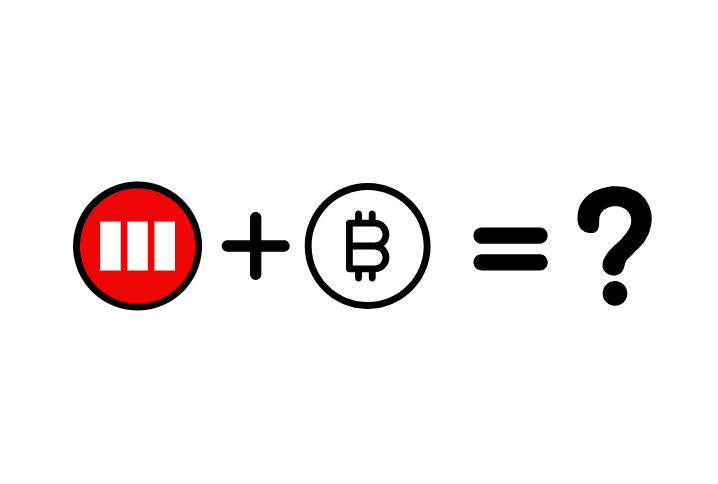Bitcoin Dictionary

The Bitcoin community uses a lot of jargon.
This dictionary/glossary provides some clarity on various terms:
ATH: All-time high (Bitcoins ATH is currently $77,160).
Satoshi(sat): The smallest unit of Bitcoin (1 BTC = 100,000,000 satoshis).
Bull/Bear Market: Bull market indicates rising prices, bear market indicates falling prices.
Fiat: Traditional government-issued currency that is not backed by a physical commodity but rather by the government that issued it (e.g., USD, GBP, EUR)
Decentralized: The distribution of authority, control, and functions across a network rather than being centralized in a single point of control. Bitcoin is decentralized.
Private Key: A secret, alphanumeric string that allows you to move your Bitcoin.
Public Key: An alphanumeric string used to generate a Bitcoin address.
Address: A unique string of characters that acts like an email address to receive Bitcoin. It’s derived from the public key. You can share an address to receive Bitcoin.
Seed Phrase: A sequence of 12 to 24 words used to back up a Bitcoin wallet. If you lose your wallet, this phrase can recover it. Never share it with anyone. This is the vault that stores your private keys.
Not your keys, not your coins: If you don't control the private keys, you don't control the Bitcoin.
HODL: Hold On for Dear Life; a strategy of holding onto Bitcoin rather than selling.
Mining: The process of adding new blocks to the blockchain by making guesses to find the next valid block. Miners are rewarded with newly minted Bitcoin and transaction fees.
Halving: An event that occurs roughly every four years, where the block reward for miners is cut in half. This reduces the rate of new Bitcoin issuance and is why there will only be 21,000,000 Bitcoins.
Difficulty Adjustment: The Bitcoin network adjusts mining difficulty roughly every two weeks to ensure blocks are mined approximately every 10 minutes (this keeps the supply issuance on track).
KYC (Know Your Customer): Regulatory requirements for financial platforms to verify users' identities. Often seen as a privacy concern.
Custodial Wallet: A wallet where a third party (like an exchange) controls your private keys.
Non-Custodial Wallet: A wallet where you control your private keys and, therefore, your Bitcoin.
Cold Wallet: Storing Bitcoin offline on a device or paper wallet that isn't connected to the internet to protect it from hackers.
Hot Wallet: A Bitcoin wallet that's connected to the internet, making it convenient for transactions but more susceptible to hacking.
Multisignature (Multisig) Wallet: A wallet or transaction requiring more than one signature (private key) to authorize a transaction, enhancing security.
Whale: Individual or entity that holds a large amount of Bitcoin
Lightning Network: A second-layer solution designed to enable fast, low-cost Bitcoin transactions by creating payment channels that operate off-chain.
Hash: A function that converts an input of letters and numbers into an encrypted output of a fixed length; used in mining and transactions.
Proof of Work (PoW): The "proof" a miner did the work. A miner uses electricity to find a valid hash in order to add a new block of transactions to the blockchain.
Block: A collection of transactions grouped together, verified by miners, and added to the chain of blocks (a blockchain).
Fork: A change in the software rules, which can result in two separate blockchains (like Bitcoin and Bitcoin Cash).




